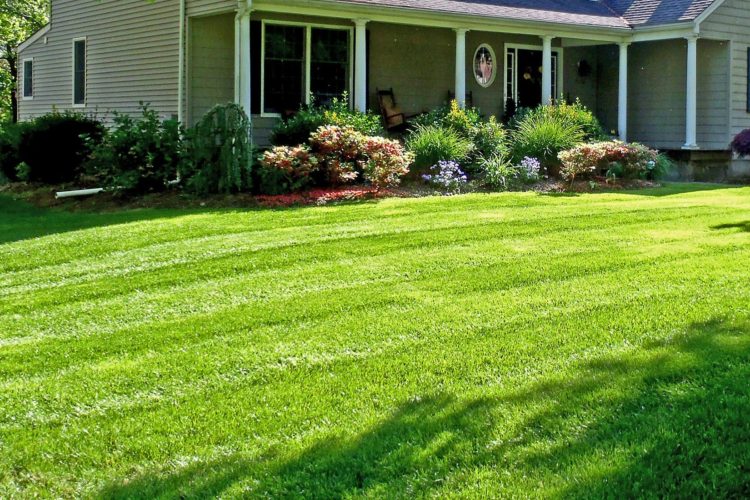You already know how valuable a compost pile in your yard is. Vermicomposting is a perfect option for doing away with food waste and create fertile compost for your kitchen garden. The free compost helps you grow healthy plants and thus higher yields.
However, vermicomposting is not a simple affair as many people think. If not well handled, it can turn into a wet, smelly mess that you dread opening each day.
Today, more people are adopting a zero-waste lifestyle while trying to minimize their impact on the environment. Vermicomposting brings about several benefits to your garden.
It helps eliminate food waste.
Statistics by the United States department of agriculture shows that Americans waste over 40% of their food supply every year. That is an average of 219 pounds of food per person every year. On average, every family could be losing to the tune of $1,600 annually. With vermicomposting, you see how much you and other families could be wasting daily and weekly. Any time you’re throwing the leftovers or a fruit that went bad, it’s like you’re watching money thrown into the dustbin. That’s enough motivation for you to reduce food waste and save money. Vermicomposting gives you a highly beneficial liquid fertilizer from soaked worm castings.
Reduces greenhouse gases
When organic matter decomposes, especially in landfills, high levels of methane gas are produced. According to National Geographic, greenhouse emissions are 28 times more harmful than carbon dioxide when it comes to global warming. All those leftovers and kitchen scraps are kept off the landfills and thus significantly reduce emissions.
Leads to better plant growth
Studies have shown significant increases in potassium and carbon in vermicompost compared to soil without. A survey by Ecological engineering found that vermicompost stimulates fungi and bacteria growth. These are nutrients essential in providing an essential boost to plants and aerate the soil while aiding with water retention. Vermicompost also improves root formation, shoots, and leaf development in many plant species.
Decomposition is faster
With some optimal temperature, it can take three to twelve months for decomposition to take place and get usable compost with a conventional outdoor pile.
With Vermicomposting, you’ve your compost ready in three months or less. After that, you continue to get your compost every three months continually. The environment here is very much improved, and that’s why decomposition happens faster.
You can do vermicompost indoors.
Depending on your home size, you may not have a backyard or a kitchen garden, but still, vermicomposting can work indoors. Many people live in apartments and keep worm bins in the kitchen to reduce food waste and maintain a steady supply of compost for their plants and container garden.
Vermicompost has become a preference for the majority of homeowners in America and Europe. The main reason for such uptake is the ease of management and the output you expect quickly. You only need to look for suitable worms from a reputable supplier like Denju Worms, and you’ve got the best results.


